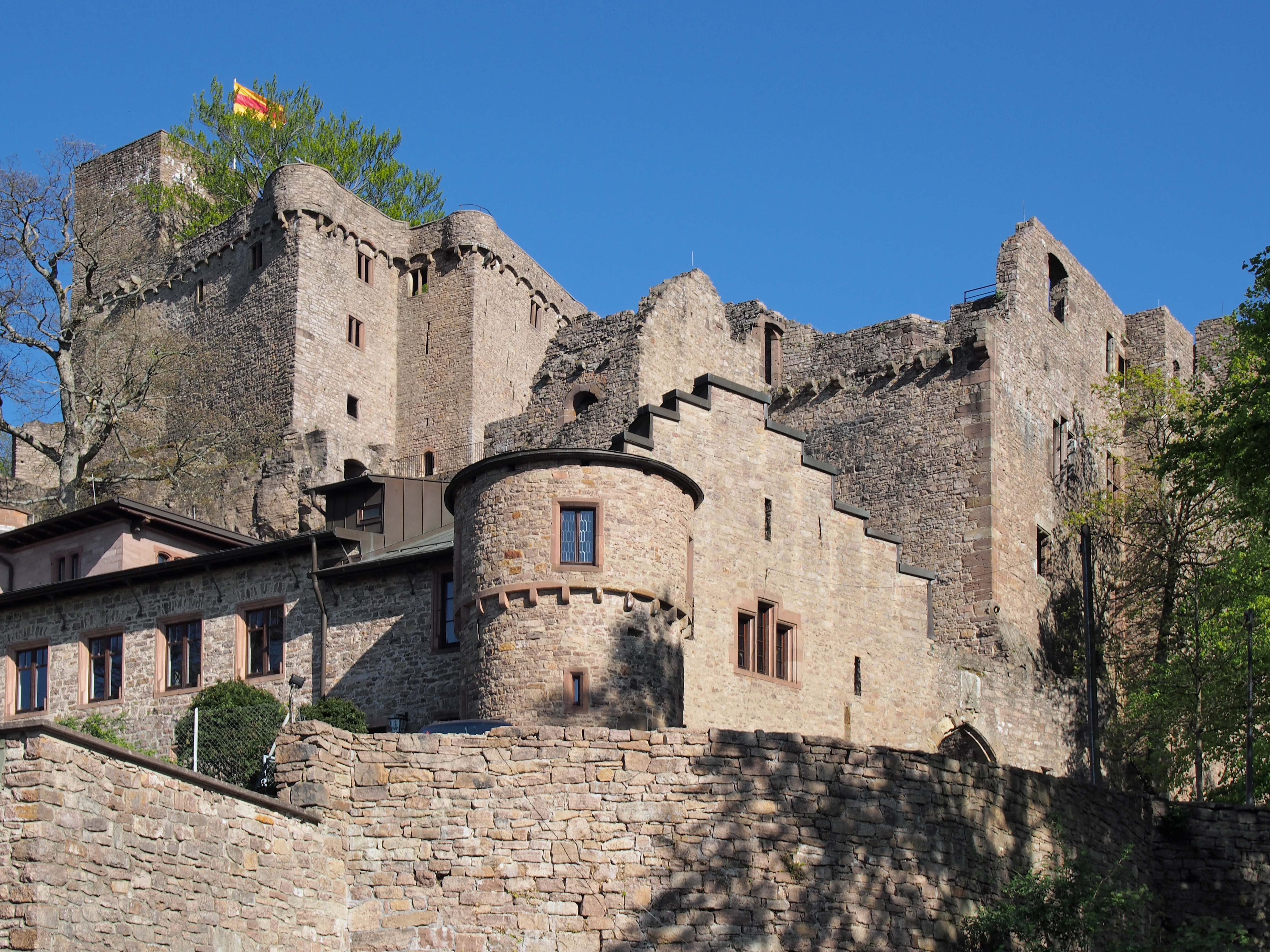Baden (other) on:
[Wikipedia]
[Google]
[Amazon]


 Baden (; ) is a historical territory in
Baden (; ) is a historical territory in


South Germany
Southern Germany () is a region of Germany which has no exact boundary, but is generally taken to include the areas in which Upper German dialects are spoken, historically the stem duchies of Bavaria and Swabia or, in a modern context, Bavaria a ...
. In earlier times it was considered to be on both sides of the Upper Rhine, but since the Napoleonic Wars, it has been considered only East of the Rhine.
History
The margraves of Baden originated from theHouse of Zähringen
The House of Zähringen (german: Zähringer) was a dynasty of Swabian nobility. The family's name derived from Zähringen Castle near Freiburg im Breisgau. The Zähringer in the 12th century used the title of Duke of Zähringen, in compensation ...
. Baden is named after the margraves' residence, Hohenbaden Castle
Hohenbaden Castle (at the time of its establishment ''Schloss Hohenbaden'', now ''Old castle'' or ''Altes Schloss'') in German Baden-Baden was the residence of the margraves of Baden for almost 400 years. The castle was built around 1100 by Herman ...
in Baden-Baden. Hermann II of Baden
Hermann II of Baden (c. 1060 – 7 October 1130) was the first to use the title Margrave of Baden, after the family seat at Castle Hohenbaden. This castle is in the present day town of Baden-Baden.
Life
Hermann was the son of Hermann I of Bade ...
first claimed the title of Margrave of Baden in 1112. A united Margraviate of Baden existed from this time until 1535, when it was split into the two Margraviates of Baden-Durlach and Baden-Baden. Following a devastating fire in Baden-Baden in 1689, the capital was moved to Rastatt.
The two parts were reunited in 1771 under Margrave Charles Frederick. The restored Margraviate with its capital Karlsruhe was elevated to the status of electorate
Electorate may refer to:
* The people who are eligible to vote in an election, especially their number e.g. the term ''size of (the) electorate''
* The dominion of a Prince-elector in the Holy Roman Empire until 1806
* An electoral district
An ...
in 1803. In 1806, the Electorate of Baden, receiving territorial additions, became the Grand Duchy of Baden
The Grand Duchy of Baden (german: Großherzogtum Baden) was a state in the southwest German Empire on the east bank of the Rhine. It existed between 1806 and 1918.
It came into existence in the 12th century as the Margraviate of Baden and subs ...
.
The Grand Duchy of Baden was a state within the German Confederation until 1866 and the German Empire
The German Empire (),Herbert Tuttle wrote in September 1881 that the term "Reich" does not literally connote an empire as has been commonly assumed by English-speaking people. The term literally denotes an empire – particularly a hereditary ...
until 1918, succeeded by the Republic of Baden within the Weimar Republic and Nazi Germany. From 1945 to 1952, South Baden
South Baden (german: Südbaden; ), formed in December 1945 from the southern half of the former Republic of Baden, was a subdivision of the French occupation zone of post-World War II Germany. The state was later renamed to Baden and became a fou ...
and Württemberg-Baden were territories under French and American occupation, respectively. They were united with Württemberg-Hohenzollern to form the modern Federal State of Baden-Württemberg in 1952.
Geography
Baden lies in the southwest of Germany, with most of its major cities on the Upper Rhine Plain. Bounded byLake Constance
Lake Constance (german: Bodensee, ) refers to three Body of water, bodies of water on the Rhine at the northern foot of the Alps: Upper Lake Constance (''Obersee''), Lower Lake Constance (''Untersee''), and a connecting stretch of the Rhine, ca ...
on the south and by the river Rhine on the south and west, the region of Baden stretches from the Linzgau, Lörrach and Freiburg im Breisgau
Freiburg im Breisgau (; abbreviated as Freiburg i. Br. or Freiburg i. B.; Low Alemannic German, Low Alemannic: ''Friburg im Brisgau''), commonly referred to as Freiburg, is an independent city in Baden-Württemberg, Germany. With a population o ...
to Karlsruhe and then on to Mannheim, leading to the Main and Tauber rivers.
To its west lies the French
French (french: français(e), link=no) may refer to:
* Something of, from, or related to France
** French language, which originated in France, and its various dialects and accents
** French people, a nation and ethnic group identified with Franc ...
historical region of Alsace, to its south Switzerland
). Swiss law does not designate a ''capital'' as such, but the federal parliament and government are installed in Bern, while other federal institutions, such as the federal courts, are in other cities (Bellinzona, Lausanne, Luzern, Neuchâtel ...
, the Palatinate to its northwest, Hesse to the north, and parts of Bavaria to the northeast. Its eastern border with the region of Württemberg runs from the Kraichgau through the Black Forest, and from some parts of the forest to the Rhine the distances become as low as in the so-called "Wespentaille" near Gaggenau.
See also
* History of Baden-Württemberg * List of states in the Holy Roman EmpireReferences
* {{Authority control Former monarchies of Europe History of Baden-Württemberg